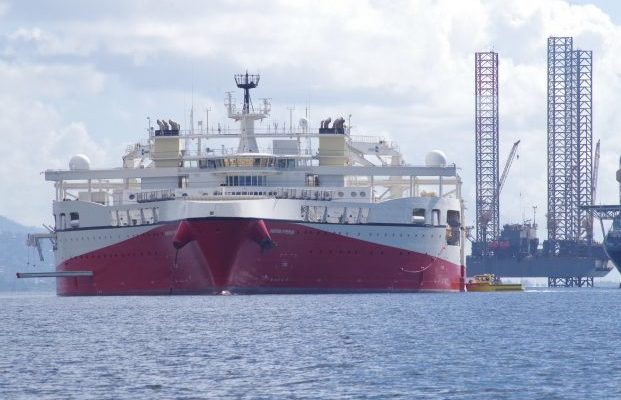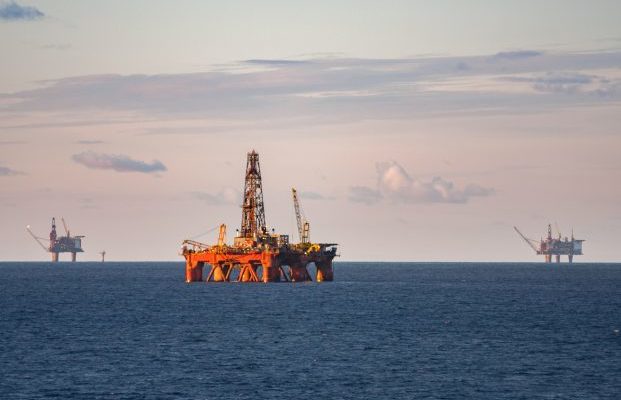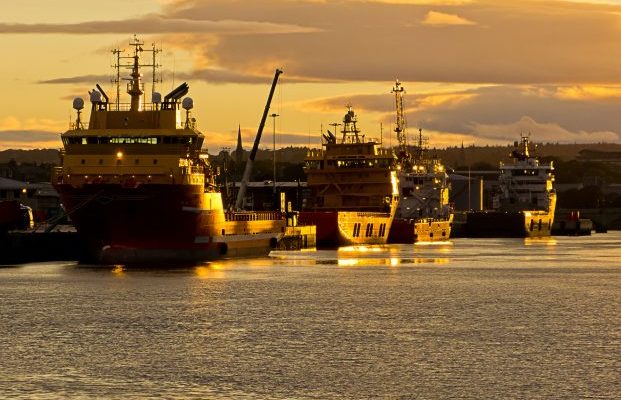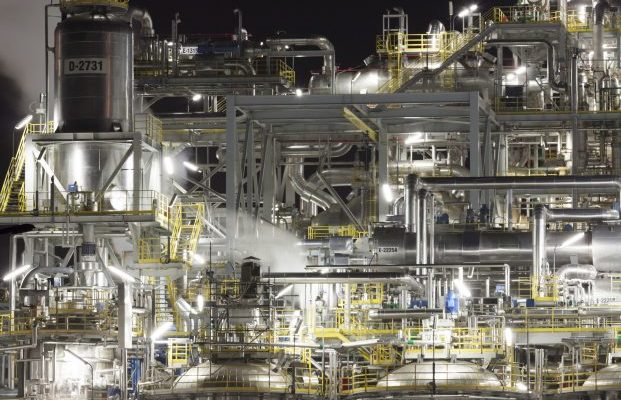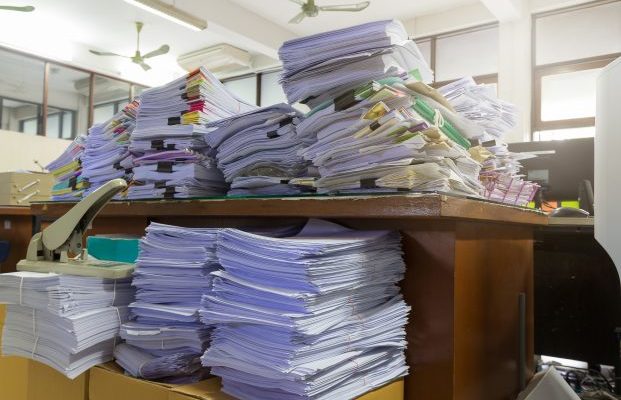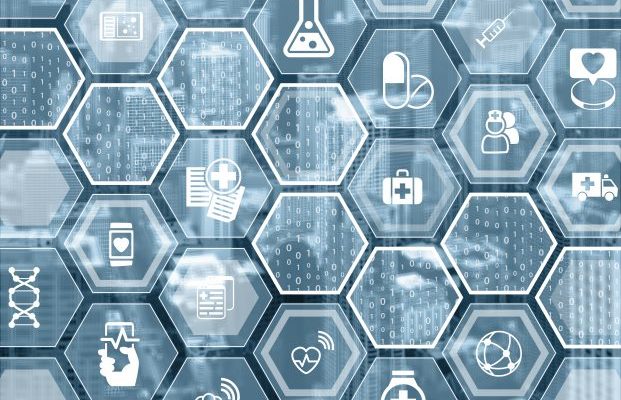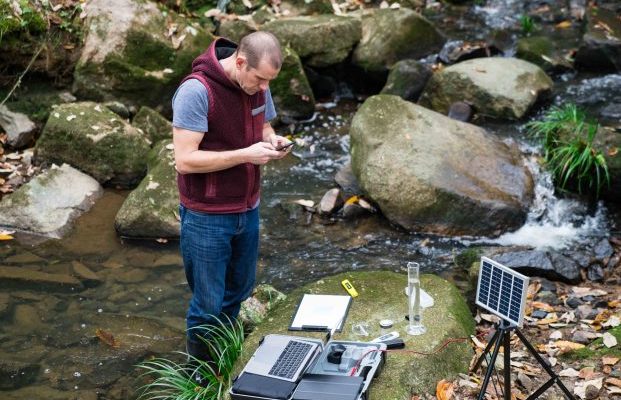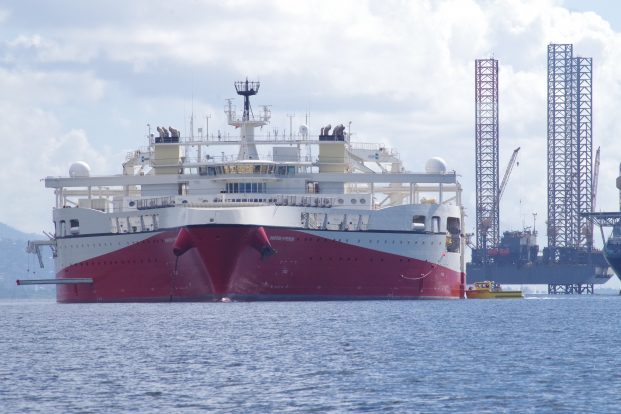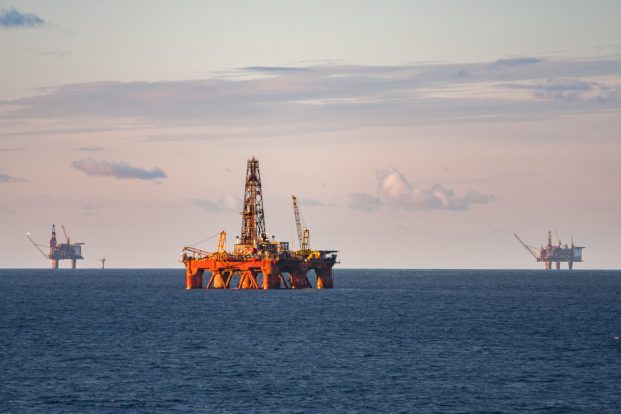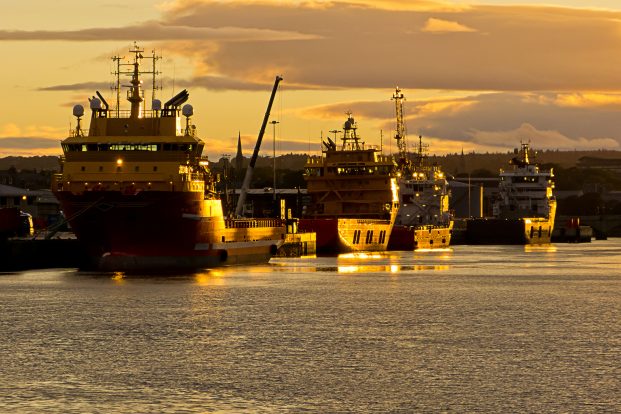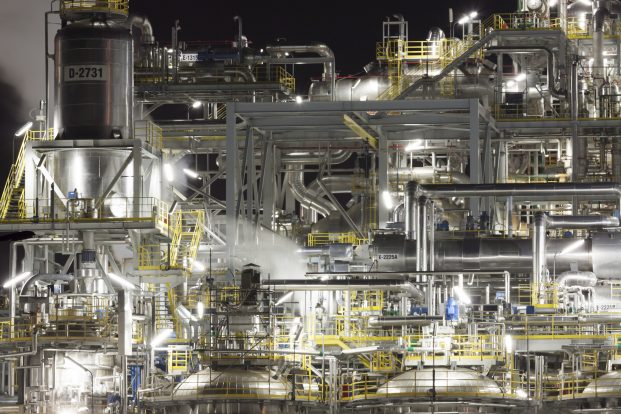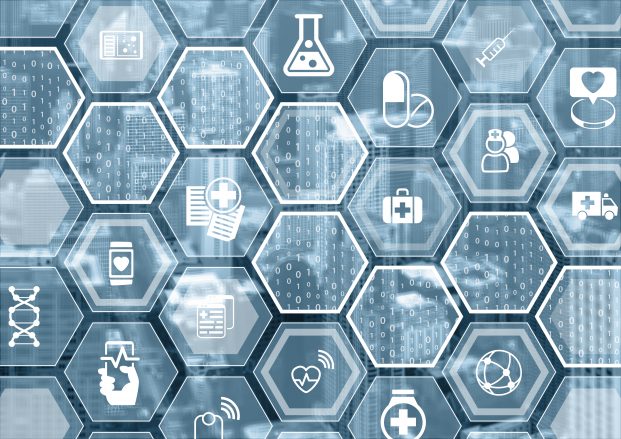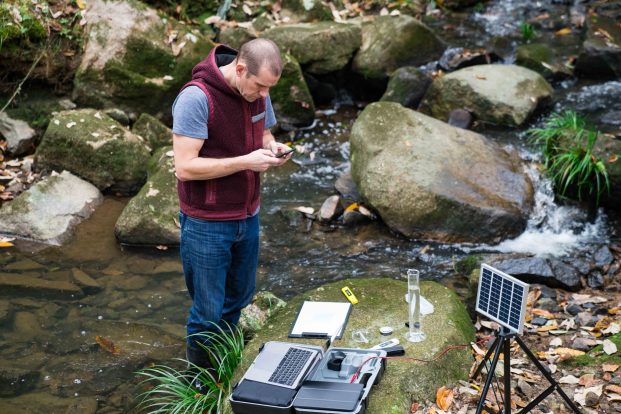SIRIUS’ innovation work is organized into beacon programmes. Our idea is to identify broad but distinct areas where scalable data access could benefit industry and broader society.
Our scoping work in 2016 and 2017 showed that there were many ideas for how and where SIRIUS could work. We sorted and prioritized these ideas to find those that both had the best links to our research and skills and solved our partner’s industrial problems. Each beacon addresses a pressing need in an industry and seeks to meet this through prototyping and piloting of SIRIUS’ research results.




